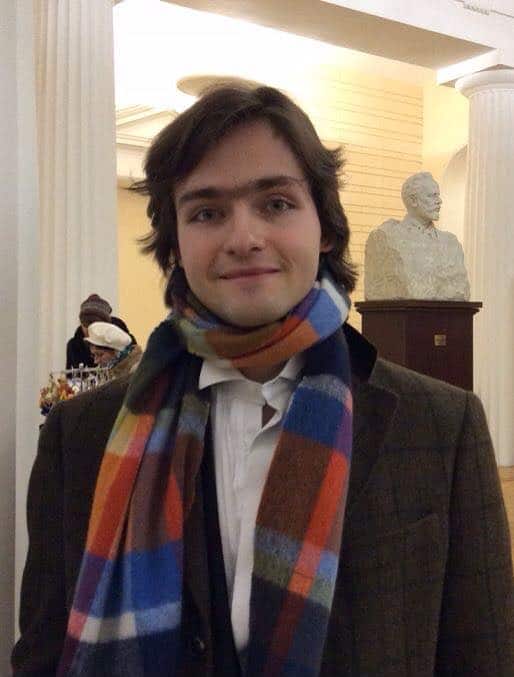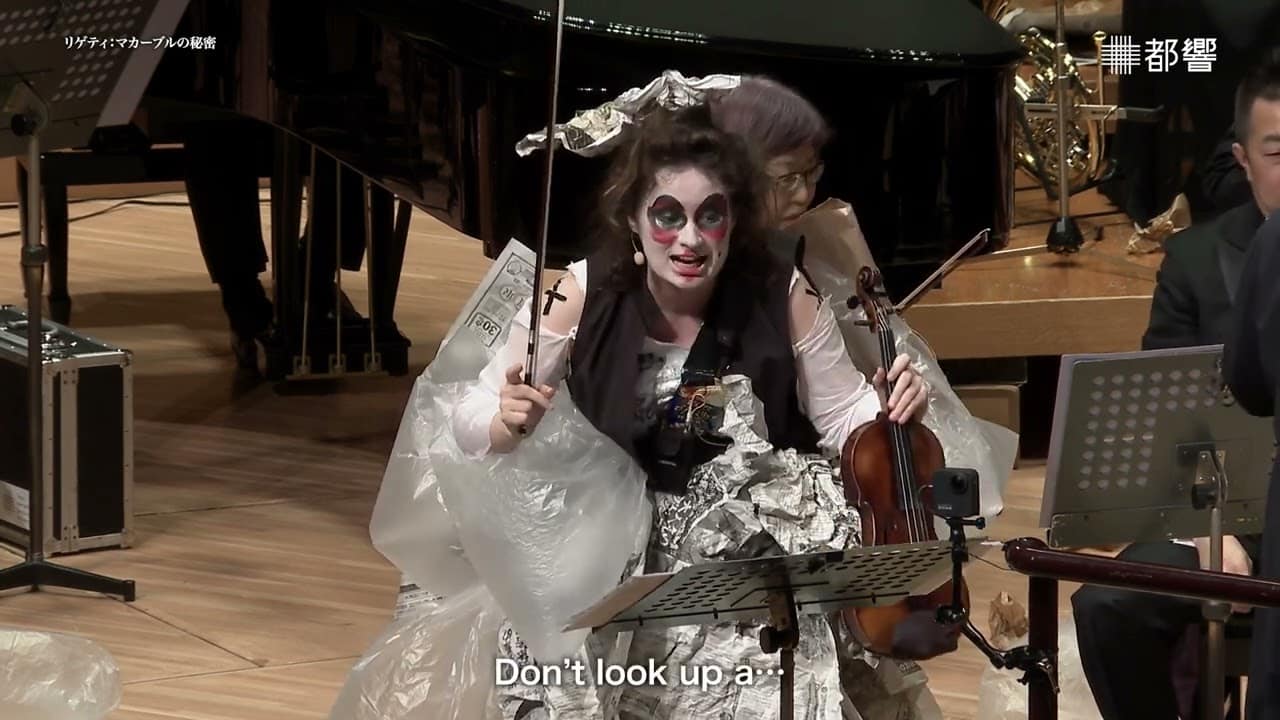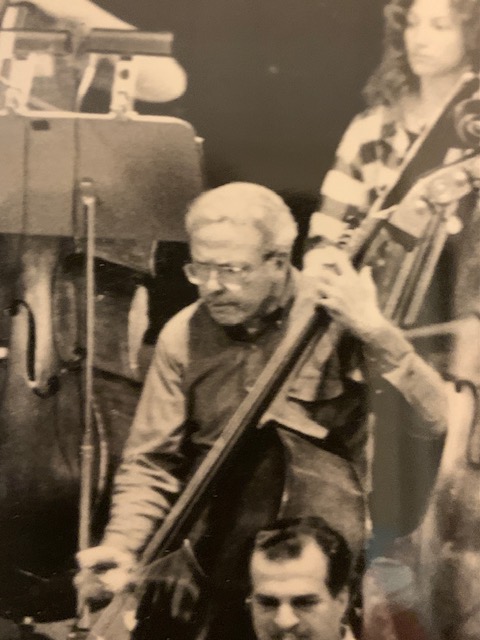Nikolaeva’s grandson makes his mark
mainA Russian pianist of 23, Arseny Tarasevich-Nikolaev, has just made it it to the finals of the Sydney International Piano Competition.
The locals are getting excited. ‘I cannot remember the last time I was so moved and so affected by musicianship of th(is) calibre, nobility, poetry and charisma,’ enthuses one music manager.
Arseny is the grandson of the indelible Soviet-era pianist Tatiana Nikolaeva.

The other Sydney finalists are: Kenneth Broberg, Andrey Gugnin,Oxana Shevchenko, Moye Chen and Jianing Kong.





Comments